Calgary’s Rhys Gillanders has tirelessly cultivated a diverse skillset, producing an emphatic hybrid-trap style contoured with future bass influences under the alias Hontis for the past 3 years. Remixes of Dabow’s ‘Ole’ and Billie Eilish’s ‘Lovely’ vividly delineate an uncanny creative perception, while self-released ‘Stims’ and ‘Pesanta’ demonstrate the ambitious Canadian-native truly settling into a style of his own, which he captains and further divulges in his debut Until Your Idols Become Rivals EP.
The project draws inspiration from preeminent mavens of trap such as What So Not, SLUMBERJACK, and Ekali adopting an eastern scale, which Gillanders exploits as the catalyst for captivating chord progressions, entrancing melodies, and engagingly diverse drops.
It was a pleasure to catch up with Hontis to discuss some of the untold challenges of finishing an EP, comparing and contrasting different creative disciplines, and the influence he draws from living in Canada.
Be sure to check out the full interview below, and don’t forget to grab a free copy of Until Your Idols Become Rivals here!
In what ways has growing up in Calgary, or Canada in general, influenced your style as a producer?
The bass scene in Calgary is really dominant in terms of electronic music. In that sense, I feel it has pushed me to develop tracks that are full of energy that can fit into sets I hear played out here. I’m also surrounded by artists that are influenced heavily by the west coast festival scene and the acts that frequent those festivals. Artists like G Jones or Shades. I end up picking up techniques from those I collaborate with. That being said my biggest influences are definitely from the trap music realm.
What were some of the more challenging aspects of putting the final touches on your debut EP?
The biggest challenge was for sure the mixdowns. I’m still not 100% happy with them but at a certain point, you have to step away from the project and call it finished. I could probably tweak them for another year and still not be fully happy with them. I also often struggle with creating an intro that can captivate and keep people interested, but I’m happy with how cohesive the sound of the EP is overall.
How would you compare and contrast the creative discipline of working on the flips or remixes within your catalog as opposed to working on UYIBR?
I find it much easier to create flips or remixes for a couple of reasons. Number one, you can choose which elements you want to create yourself, and which you are happy with using from the original. If I make a dope drop I can fit it into the song and not have to worry about creating an interesting intro/build. The second thing that makes it easier is that I find it easier to mixdown a flip because you’re essentially matching the tonal balance of elements you’ve added to the original track. I find that easier than trying to find the right balance and levels of a standalone track.
Despite having worked with a handful of talented producers throughout your career, your EP is positioned as a solo expedition — is there a reason for this?
I just wanted to have full control over the decision making and creative process. While I really enjoy collaboration, I find it difficult to let go of an idea I might have had in my head in order to make a compromise with whoever I might be collaborating with.
Playing inside these more exotic scales helped me feel refreshed and excited about the melodies and harmonies I was working with.
The entire project has an uncanny middle eastern flare, what did the process of selecting the stylistic components for the project look like?
I was heavily influenced by artists such as Ekali, KRANE, SLUMBERJACK, and What So Not. I found that using an eastern scale as opposed to the more popular major/minor scales really helped me achieve the sound I was looking for. Creating a melody/chord progression in more popular scales has been a struggle for me lately because everything feels too familiar. Playing inside these more exotic scales helped me feel refreshed and excited about the melodies and harmonies I was working with.
If tasked with vividly describing the project to someone without the ability to play any songs directly, where might you begin?
Driven by trap percussion and ethnic scales, this EP is full of energetic drops with sound design slightly outside of the norm. Majority of the sounds (apart from the drums) were crafted from scratch to emphasize my own style.
What other accolades have you set out to accomplish in the remainder of 2019?
Other than extremely general goals of improving on my mixdowns and musical ability, I am going to try to finish/continue working on all the collaborations I have in the works right now. They took a back seat while I worked on this EP.

